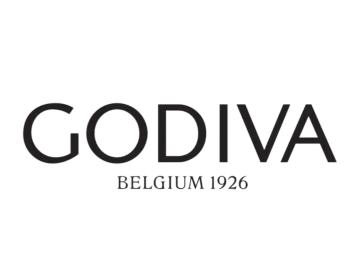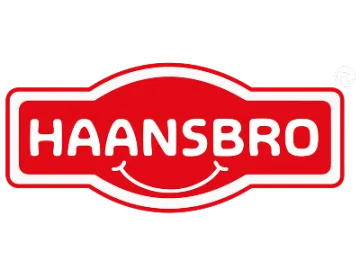Verkade


Founded in 1886 by entrepreneur, Ericus Gerhadus Verkade, Verkade is one of the most iconic brands in the Netherlands.
With authenticity and no fuss at heart, Verkade brings tasty biscuits and chocolate for people who want to enjoy everyday moments.
Deliciously real since 1886.


Verkade videos
Media contact
Enquiries outside of business hours will be addressed as soon as possible.
Contact us via the pladis media centre
Verkade's FAQs
Our products are available at various supermarkets in The Netherlands, including Albert Heijn, Jumbo, and Superunie members. Additionally, they are sold at various retail chains such as Kruidvat, petrol stations, cinemas and wholesalers like Sligro and Hanos.
You can enquire about the availability of the product at these points of sale, as the product availability is subject to change. If you can’t find what you are looking for, please contact us here.
Every Verkade product is different and therefore also the shelf life of each product is different. The packaging indicates a best-before date, which specifies until when the product is good if kept in its original packaging. In most cases, this best-before date consists of a month and a year.
For example: 08-24, meaning the product is good until August 2024. The term 'best before' means that until that date, the product has the characteristics intended by the manufacturer at the time of production.
When the best-before date has passed, the quality of the product will slowly deteriorate. The speed at which this happens depends on the conditions under which the product is stored. Our products are best stored in a sealed tin or container at an average room temperature. Often, beneath the best-before date, there is also a production code indicated. This code is used to precisely trace when a product was made, if needed.
Verkade acknowledges that some consumers have sensitivities to certain foods or ingredients thereof, known as "allergens." In some cases, the reaction can be very threatening even to microscopic amounts. Additionally, there are consumers who are intolerant to certain foods or ingredients. While these reactions may not be life-threatening, they are certainly undesirable and should be prevented.
Verkade's policy is aimed at enabling consumers who are sensitive to these allergens to make the right choice.
Verkade:
• Considers peanuts, nuts (except coconuts*), sesame seeds, and derivative products as potential life-threatening High-Risk Allergens (HRAs).
• Considers Other Raw Materials of Concern (OGAs): fish and shellfish, milk and dairy products (including lactose), egg and egg products, soybeans and soy products, grains containing gluten and derivative products, sulfite at concentrations of more than 10mg/kg, processed peanut oil, lupine, and mustard.
Coconuts are not considered to be nuts.
To support Consumers, General Practitioners, Hospitals, and Dieticians in their decision-making, Verkade strives to provide as recent and complete information as possible regarding allergens in the products within our range.
Verkade does not use GMOs (Genetically Modified Organisms) in its raw materials. Genetic modification is the manual and targeted alteration of the genetic properties of organisms by humans. The alteration is intended to make the strains resistant to diseases, certain pesticides, or to enhance the nutritional content of the raw materials. GMOs are widely used, especially in animal feed. When genetically modified raw materials are used in food products, this is indicated on the label.
The integrity of the policy is ensured through a rigorously controlled process that covers all aspects of the production chain, from the field to the factory.
Despite all strict controls, it is possible that genetically modified elements may occasionally be present in a GMO-free crop. This can occur through natural transfer, for example, through pollen carried by the wind.















